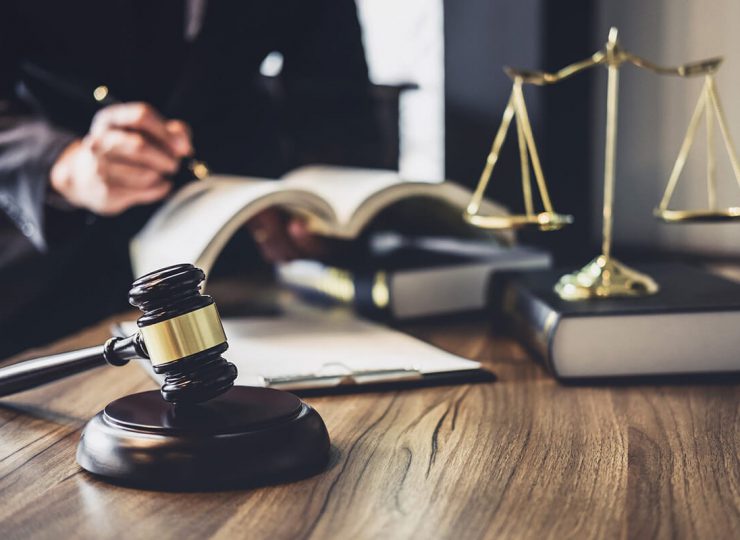"In the dynamic arena of sports, where the pursuit of victory meets the essence of individuality, the words of sports philosopher Arthur Ashe ring true: Naveen Anilkumar
“Success is a journey, not a destination. The doing is often more important than the outcome.”
As athletes navigate this journey, the protection of their personality rights emerges as a crucial cornerstone, ensuring that their unique stories and identities remain integral to the spirit of competition.”
Ever wondered why you can’t just slap LeBron James’s face on a t-shirt and sell it? Or why video game companies have to pay big bucks to use real athletes in their games? Welcome to the fascinating world of personality rights in sports – it’s way more interesting (and complicated) than it sounds!
What's the Big Deal?
Think about it: athletes aren’t just people who play sports anymore. They’re walking, talking brands. Their influence extends far beyond the playing field into social media, endorsements, and merchandise. When Cristiano Ronaldo posts on Instagram, millions of people rush to buy whatever he’s promoting. That’s because athletes’ names, faces, and even their catchphrases have serious value.
But who controls all this, and how do we make sure athletes aren’t getting ripped off? The transformation of athletes into brand entities has created a complex web of legal, ethical, and practical considerations that shape the modern sports industry. This seemingly straightforward concept opens up a fascinating discussion about control, fair compensation, and protection in an increasingly digital and global marketplace.
The Rules Are All Over the Place
Here’s where things get messy. Different countries handle these rights totally differently. In the US, each state has its own rules (California, home of Hollywood and lots of athletes, has super strict ones). Europe has its own system, and countries like India are still figuring it all out. It’s like trying to play a game where everyone’s using different rulebooks!
This regulatory diversity creates significant complications for athletes, sports organizations, and businesses operating in the global sports ecosystem. As the sports world becomes increasingly interconnected, this patchwork of regulations poses real challenges for everyone involved.
What Needs to Change?
For the Government People
For Sports Organizations
For Athletes
For Companies Using Athlete Images
The Ethical Side
This isn’t just about money – it’s about respect and fairness too. We need to think about:
The Future
Technology is making this whole thing even more complicated. Imagine dealing with:
It’s like we’re trying to write rules for things that haven’t even been invented yet!
What's Next?
The sports world is changing fast, and the rules about personality rights need to keep up. Athletes are more than just players – they’re influencers, brands, and businesspeople. We need to figure out how to protect their rights while still letting fans enjoy and connect with their favourite sports stars.
The good news? People are starting to take this seriously. The bad news? There’s still a lot of work to do. But hey, at least now you know why you can’t sell those bootleg Messi shirts you were thinking about!
Bottom line: Athletes’ personality rights are a big deal in today’s sports world. Whether you’re a future sports manager, lawyer, or just a big sports fan, understanding this stuff matters. It affects how athletes can make money, how companies can use their images, and even how we as fans can interact with our favourite sports stars.
And remember – the next time you see your favourite athlete in a commercial, there’s a whole complicated world of rights, rules, and regulations behind that simple appearance!




